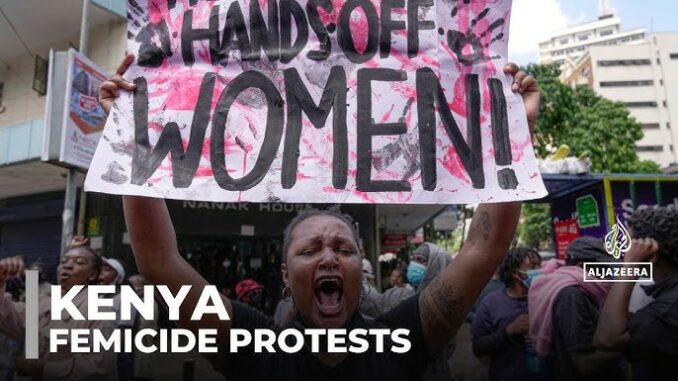
In Nairobi, hundreds took to the streets to decry a relentless wave of femicides, only to be met with tear gas and brutal police dispersion. Rallying under the cry of “Stop femicide,” demonstrators aimed to draw attention to an alarming rise in the killings of women and girls—acts often committed by intimate partners. Yet, instead of dialogue, security forces responded with force, shattering the hope of peaceful assembly and leaving scores injured.
Activists expressed profound frustration. Some pointed to a constitution that guarantees freedoms of assembly and speech, accusing authorities of disregarding basic rights. Others pleaded for a genuine commitment to halting gender-based violence. Women’s groups insist that the government must do more than pledge funding; it must deliver concrete policies, reliable protections, and swift accountability for perpetrators.
Recent statistics paint a grim picture: nearly a hundred women killed between August and November 2024, and a notorious case in which a confessed murderer of dozens of women escaped custody. These events fuel widespread disillusionment. Many wonder whether Kenya’s position on the U.N. Human Rights Council is more symbolic than substantial.
The protesters marched to mark not only their ongoing sorrow, but also to spotlight the lack of meaningful reforms. As tear gas fades, one message remains clear: Without tangible action, the cycle of violence and injustice continues, and the lives of women remain at grave risk.
